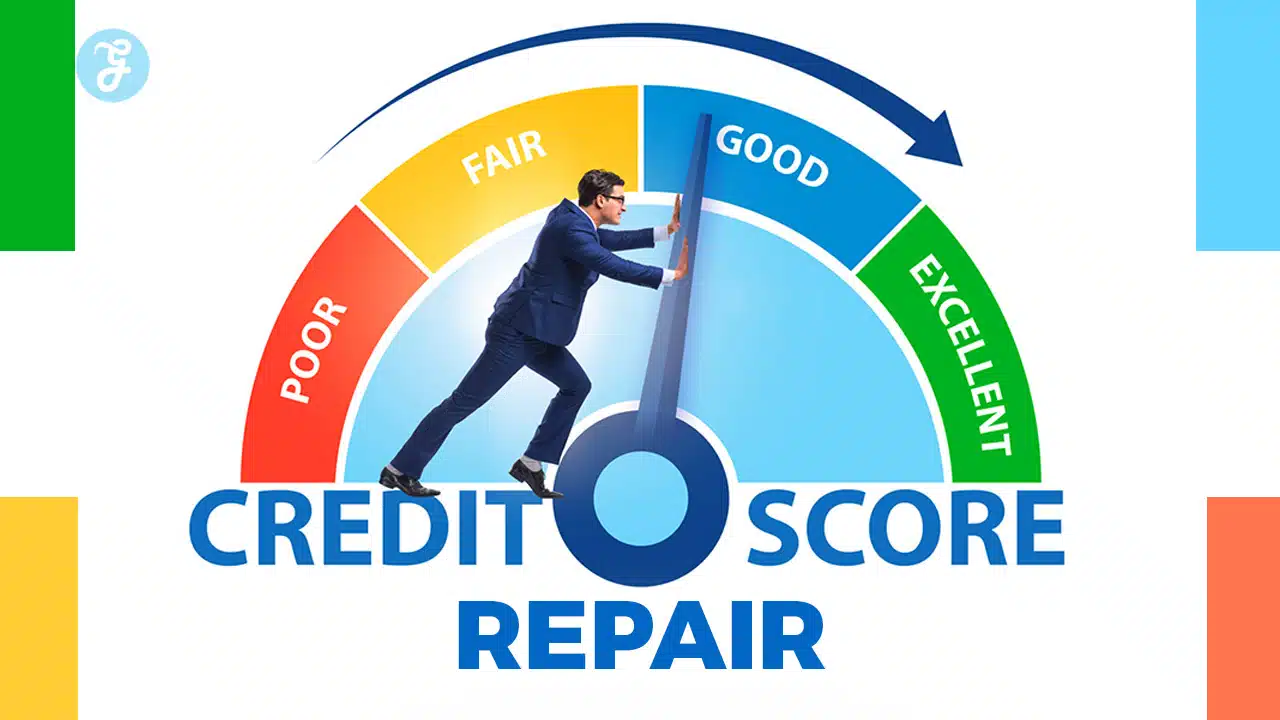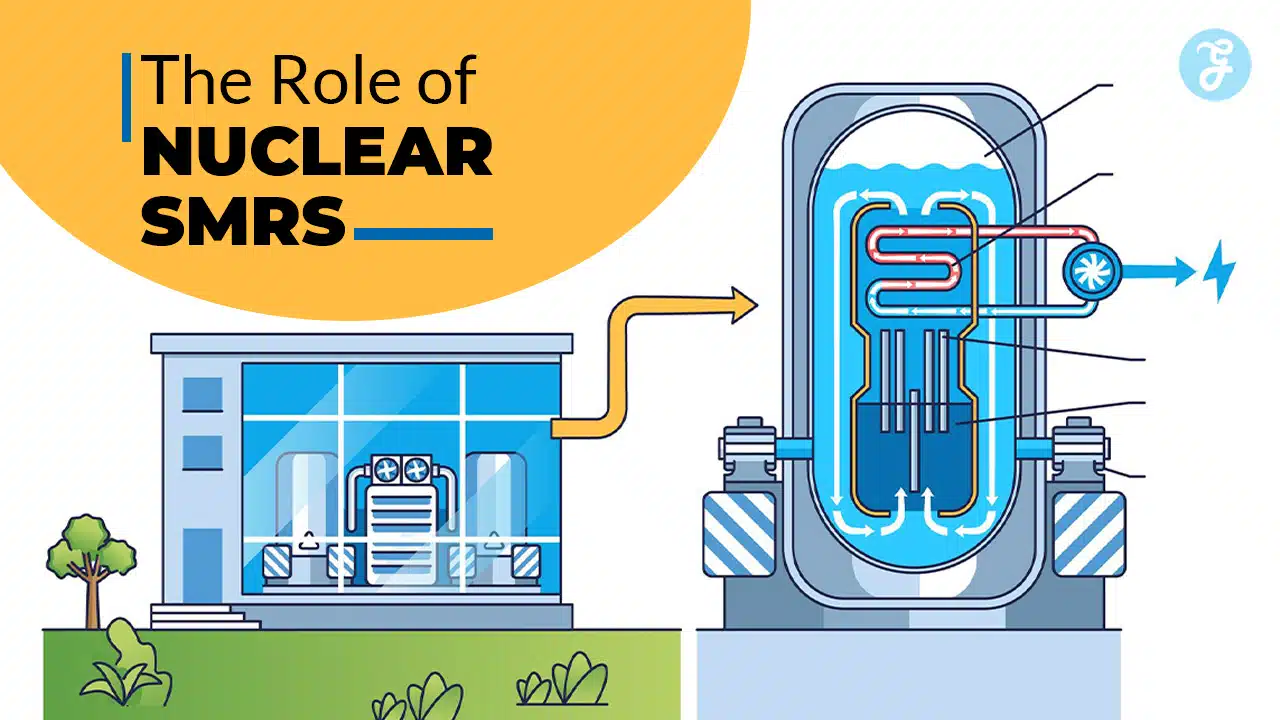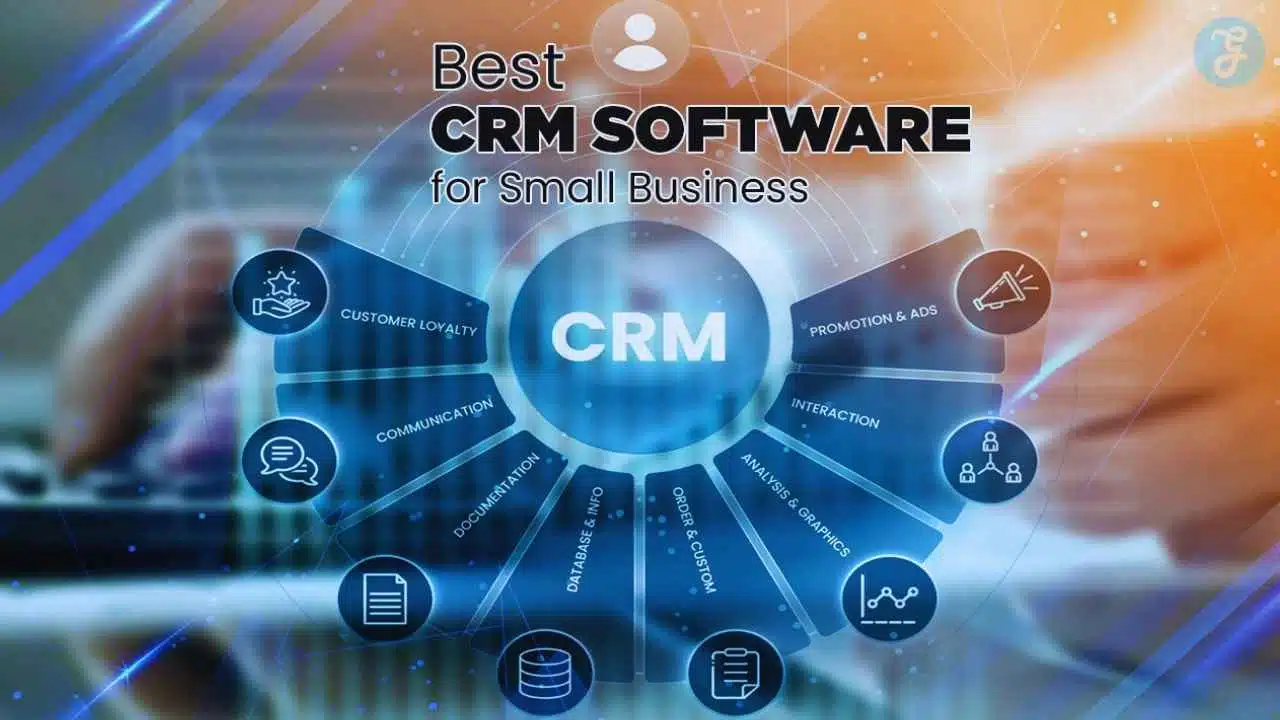Italy is renowned for its rich culture, breathtaking landscapes, and architectural marvels, making it a dream destination for property buyers.
However, navigating Italy’s real estate market can be challenging due to its unique legal requirements, cultural nuances, and diverse property options.
Whether you are seeking a vacation home in Tuscany, an investment property in Milan, or a countryside villa in Puglia, it is essential to approach the process with a strategic plan.
This guide outlines 12 comprehensive steps to navigate Italy’s real estate market successfully, including research, legal considerations, and financial planning. By following these steps, you can make informed decisions and secure your dream property in Italy.
1. Research the Real Estate Market
Researching Italy’s real estate market is the foundational step for any successful property purchase. Italy offers diverse property options, ranging from luxurious apartments in Rome to rustic farmhouses in Sicily.
Each region has unique pricing, demand trends, and property styles, making it crucial to understand the market dynamics. Analyze property values, rental yields, and market trends to identify opportunities that align with your goals.
Utilize online platforms, government property databases, and local real estate agencies to gather insights. A deep understanding of the market will not only help you find the right property but also enable you to negotiate effectively.
Key Considerations
- Explore pricing trends in urban and rural areas.
- Identify property types in high demand (villas, apartments, etc.).
- Assess future appreciation potential for selected regions.
| Region | Average Price/m² | Notable Features |
| Rome | €3,600–€6,500 | Historic sites, urban amenities |
| Florence | €4,000–€7,000 | Art, culture, high tourist appeal |
| Lake Como | €4,500–€12,000 | Scenic views, luxury properties |
| Puglia | €1,000–€2,500 | Affordable countryside homes |
2. Understand Local Property Laws
Italy’s property laws can be intricate, especially for foreign buyers. Familiarizing yourself with local regulations is essential to avoid legal pitfalls.
Non-EU citizens may require specific permits to purchase property in certain areas, and all buyers must obtain a Codice Fiscale, an Italian tax identification number. Ensure that the property is free of legal disputes or encumbrances by reviewing its registration in the Italian Land Registry (Catasto).
Understanding these legal frameworks will protect you from fraudulent transactions and streamline the buying process.
Key Legal Requirements
- Non-EU buyers need to verify eligibility to purchase property.
- Verify property ownership and encumbrance status.
- Work with a legal expert to navigate local regulations.
| Legal Requirement | Details |
| Codice Fiscale | Mandatory tax identification for buyers |
| Land Registry Check | Confirms ownership and lien-free status |
| Notary Role | Oversees legal compliance during the transaction |
3. Define Your Budget
Setting a clear budget is vital to guide your property search. Italy’s real estate market includes properties across a broad price range, from affordable countryside homes to multimillion-euro luxury villas.
Beyond the property price, consider additional expenses like taxes, notary fees, agent commissions, and renovation costs. Having a well-defined budget ensures that you are financially prepared for the transaction and any post-purchase obligations.
Factor in currency fluctuations if you’re an international buyer to avoid budget discrepancies.
Key Budget Considerations
- Include taxes (registration and VAT) in your budget.
- Account for maintenance and potential renovation costs.
- Reserve funds for unexpected expenses.
| Expense Type | Approximate Cost |
| Registration Tax | 2%–9% of property value |
| Notary Fees | 1%–2% of property value |
| Agent Fees | 2%–4% of property value |
| Renovation Costs | €1,000–€5,000/m² depending on scope |
4. Choose the Right Location
Location is one of the most critical factors influencing the value and utility of a property. Italy’s diverse regions offer unique living experiences, from the vibrant urban centers of Milan and Rome to the tranquil countryside of Tuscany and Umbria.
When selecting a location, consider factors like proximity to amenities, climate, cultural attractions, and long-term investment potential.
Additionally, assess local infrastructure, including transportation and healthcare facilities, to ensure the location aligns with your lifestyle or investment objectives.
Popular Locations for Buyers
- Rome: Rich in history, ideal for urban living.
- Tuscany: Rolling hills, vineyards, and countryside villas.
- Lake Como: Luxury properties with breathtaking views.
- Puglia: Affordable homes with rustic charm.
| Region | Features | Ideal For |
| Milan | Business hub, modern living | Professionals and investors |
| Sicily | Coastal homes, mild weather | Vacation homes |
| Florence | Art and culture | History and art enthusiasts |
5. Work with a Trusted Real Estate Agent
A skilled real estate agent can simplify the process of finding and purchasing property in Italy. Agents have in-depth local market knowledge, including off-market listings and emerging opportunities.
They also help navigate language barriers and provide critical guidance during negotiations. To ensure a smooth experience, choose agents who specialize in the region where you wish to buy and verify their credentials. Partnering with a reliable agent can save you time and effort, making your property search more efficient.
Tips for Choosing an Agent
- Verify the agent’s license and professional associations.
- Seek referrals and read reviews from past clients.
- Ensure the agent understands your requirements and budget.
| Agent Credentials | Why It Matters |
| Regional Expertise | Knowledge of local market trends |
| Multilingual Skills | Eases communication for foreign buyers |
| Professional Accreditation | Ensures compliance with industry standards |
6. Conduct Thorough Property Inspections
Property inspections are a critical step in the real estate buying process. In Italy, many properties, particularly older ones, may require maintenance or renovation.
Conducting a thorough inspection ensures that you are aware of any structural issues, utility challenges, or hidden costs before making a commitment. Hiring professional surveyors and engineers can help you assess the property’s condition comprehensively.
Whether it’s checking for moisture damage in a centuries-old villa or ensuring modern utilities in a city apartment, an inspection provides clarity about the property’s value and suitability.
Key Areas to Inspect
- Structural Integrity: Look for cracks, foundation issues, or dampness.
- Utilities: Verify the functionality of electricity, water, and heating systems.
- Accessibility: Ensure easy access to transportation, schools, and healthcare facilities.
| Inspection Area | What to Check |
| Structural Integrity | Walls, roofs, foundations |
| Utilities | Plumbing, electricity, gas connections |
| Environmental Concerns | Flood risks, soil conditions |
7. Understand Financing Options
Financing options for property purchases in Italy vary based on your citizenship and residency status. Italian banks offer mortgages to foreign buyers, but the process can be lengthy and may require additional documentation.
Alternatively, non-residents may opt for international lenders or use savings to avoid currency exchange risks. It’s crucial to compare mortgage rates and understand the terms, including repayment schedules, interest rates, and associated fees.
Working with financial advisors or mortgage brokers familiar with Italy’s real estate market can simplify the process and help you secure favorable terms.
Financing Tips
- Ensure a stable income source to meet repayment obligations.
- Check mortgage eligibility criteria for foreign buyers.
- Consult with local banks and brokers for the best rates.
| Bank | Mortgage Rate |
| UniCredit | 2.5%–3.5% |
| Intesa Sanpaolo | 2.8%–4.0% |
| BNL Gruppo BNP Paribas | 3.0%–4.2% |
8. Review Legal Requirements and Contracts
Legal due diligence is essential when purchasing property in Italy. Reviewing contracts with the help of a qualified legal expert ensures that the transaction is legitimate and aligns with Italian property laws.
The Preliminary Contract (Compromesso) outlines the agreement between the buyer and seller, including payment terms and property details. The Final Deed of Sale (Rogito), signed in the presence of a notary, transfers property ownership.
Ensure that the property is free from liens, encumbrances, or legal disputes before signing any documents.
Key Documents to Review
- Preliminary Contract: Details terms and deposit requirements.
- Title Deeds: Verify the seller’s ownership rights.
- Land Registry Records: Confirm the property’s legal status.
| Document | Purpose |
| Preliminary Contract | Binds the buyer and seller legally |
| Deed of Sale | Finalizes ownership transfer |
| Land Registry Report | Confirms property legality and ownership |
9. Factor in Additional Costs
Beyond the property’s purchase price, additional costs can significantly impact your budget. These include taxes, agent fees, notary charges, and renovation expenses. For example, registration tax varies based on whether the property is a primary residence (2%) or a secondary one (9%).
Maintenance and utility costs should also be considered, especially for properties in rural or historic areas. Understanding these costs ensures you are financially prepared for the transaction and long-term ownership.
Common Additional Costs
- Taxes: Registration and annual property taxes.
- Notary Fees: Legal compliance and documentation costs.
- Renovations: Costs for modernization or restoration work.
| Expense Type | Estimated Cost |
| Registration Tax | 2%–9% of property price |
| Annual Maintenance | €1,000–€5,000 depending on property type |
| Renovation Costs | €1,500–€5,000/m² for older properties |
10. Negotiate Like a Local
Negotiation plays a crucial role in securing a favorable deal in Italy’s real estate market. Italians value respectful and strategic bargaining, and understanding local customs can give you an edge.
Research comparable property prices in the area to justify your offer. Be patient, as negotiations in Italy often take time. A trusted real estate agent can also guide you through the process, ensuring cultural nuances are respected.
Negotiation Tips
- Highlight property defects during discussions to reduce the asking price.
- Use market data to justify counteroffers.
- Avoid making an offer that’s too low, as it may offend the seller.
| Negotiation Strategy | Purpose |
| Market Comparisons | Justifies your offer |
| Highlight Repairs Needed | Strengthens your position for a lower price |
| Flexible Deadlines | Shows commitment and seriousness |
11. Secure a Notary for the Transaction
In Italy, notaries play a pivotal role in property transactions. They act as impartial intermediaries who ensure that the sale complies with legal requirements. The notary oversees the signing of the Final Deed of Sale (Rogito) and registers the property in the buyer’s name with the Land Registry.
Hiring a reliable notary early in the process ensures smooth documentation and minimizes delays. Notary fees typically range from 1%–2% of the property’s purchase price.
Responsibilities of the Notary
- Verify legal compliance of the transaction.
- Register the property with the Land Registry.
- Ensure tax payments are made correctly.
| Notary Task | Details |
| Document Authentication | Validates the legality of contracts |
| Tax Compliance | Ensures all applicable taxes are paid |
| Registration | Finalizes ownership transfer |
12. Finalize Your Purchase
The final step involves signing the Final Deed of Sale (Rogito) in the presence of a notary. Ensure that all payments, including taxes and fees, are settled before the signing.
Once the deed is signed and registered with the Land Registry, you officially become the property owner. Congratulations—this marks the culmination of your journey into Italy’s real estate market.
Checklist for Finalization
- Confirm that the property is free of liens.
- Complete all required payments, including taxes.
- Verify registration details in the Land Registry.
| Final Steps | Action Required |
| Sign Deed of Sale | Officially transfers ownership |
| Pay Registration Taxes | Finalizes legal compliance |
| Obtain Property Keys | Marks the handover of possession |
Takeaways
Navigating Italy’s real estate market can be a rewarding journey if approached strategically. By following these 12 comprehensive steps, you can overcome potential challenges, safeguard your investment, and secure the property of your dreams.
Whether it’s a vacation home, a rental property, or a permanent residence, thorough research, legal diligence, and financial planning are key to a successful transaction.
If you need professional assistance, consult experienced agents, legal advisors, and notaries to make the process seamless. With preparation and patience, your dream of owning a property in Italy can become a reality.
Let me know if further details or refinements are needed!




































